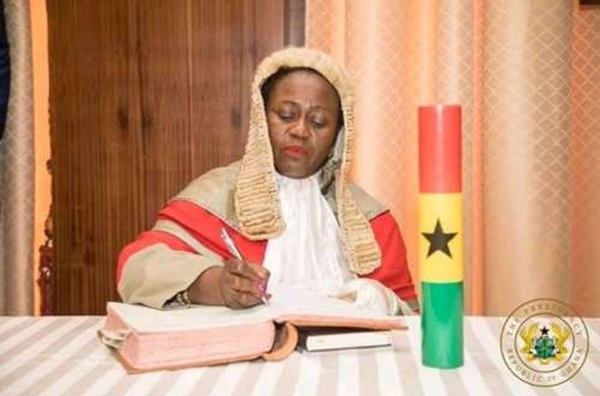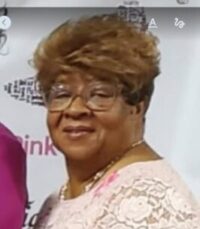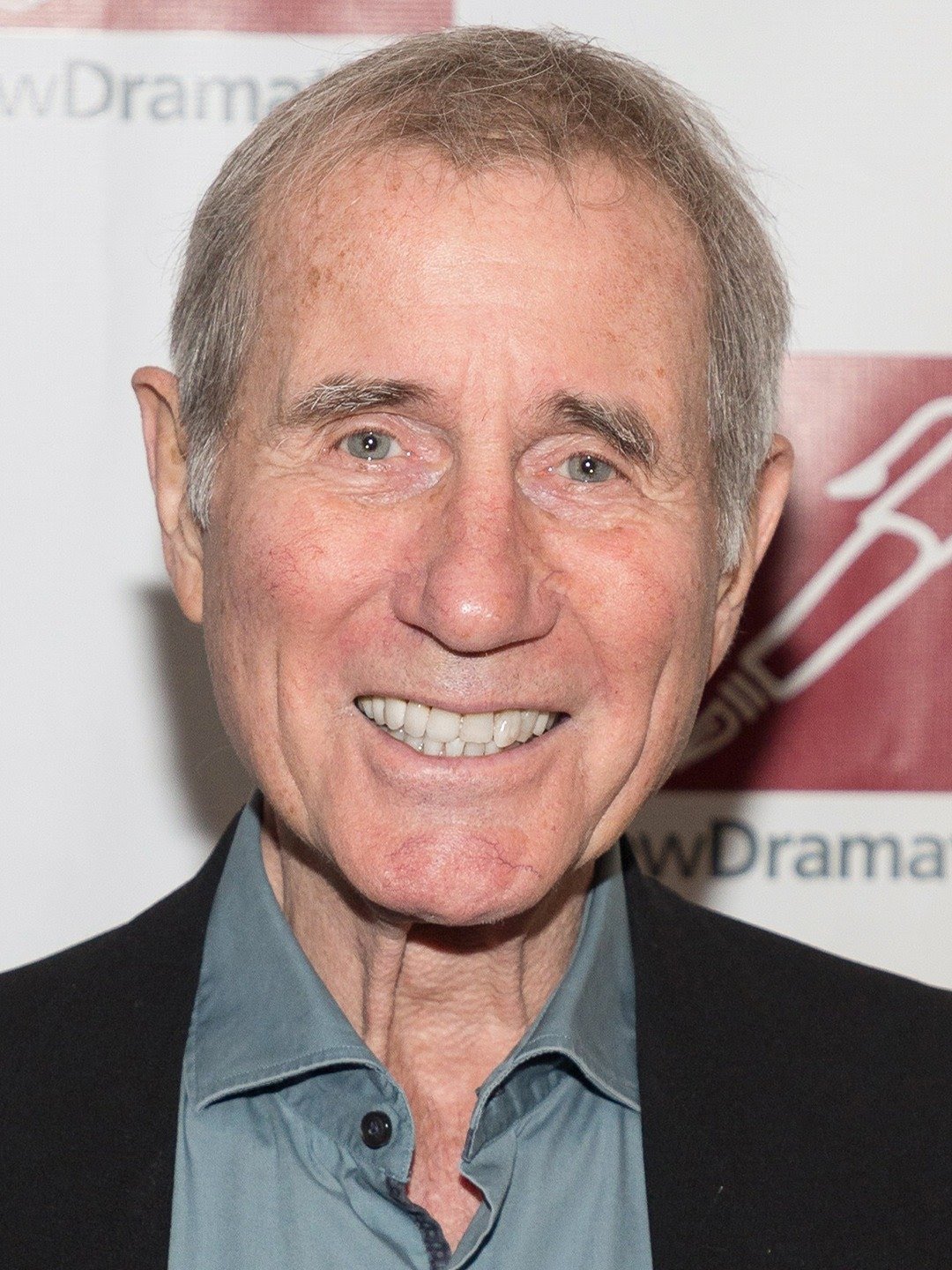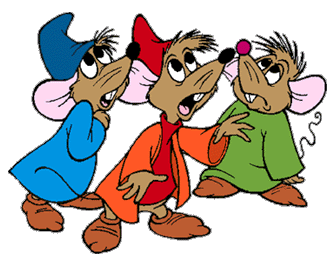Dylan Harper and the Legacy of the Number Two Overall Pick
If you’re not first, you’re second—but don’t sleep on the number twos. For every LeBron James, Mick Jagger, James T. Kirk, Han Solo, Jean-Luc Picard, Thelma, Bert, Calvin, Danny Ocean, and Lilo; there’s a Keith Richards, a Spock, a Chewbacca, a William Riker, a Louise, an Ernie, a Rusty Ryan, and a Stitch. Who’s Liz Lemon without Jenna Maroney? What if Calvin is a figment of Hobbe’s imagination? And keep in mind that Captain Picard refers to Commander Riker as “Number One” not “My bearded, promiscuous second-in-command.”
This thought exercise is not meant to pit ones against twos. If the San Antonio Spurs could have drafted Cooper Flagg, the number one consensus prospect in this year’s draft, they certainly would have. But by all accounts, they were all in on Dylan Harper. No headlining story of them trading down or seriously considering another player ever took traction. It was as close to a sure thing for the Spurs as taking Victor Wembanyama, Tim Duncan, and David Robinson.
For all of the Spurs’ vaunted history and track record of success, they have never had the number two overall pick in any draft. Take that into context, the Spurs (famously) have had three number one overall draft picks, while NBA teams like the Denver Nuggets, Indiana Pacers, Memphis Grizzlies, Miami Heat, Oklahoma City Thunder, Phoenix Suns, and the Utah Jazz have never had the first overall pick.
Of course, it’s what you do with that pick that matters, and the Spurs in-arguably have done well with the number one overall. By drafting Dylan Harper on Wednesday night with the number two overall pick, they now have the chance to add to their unique legacy. If you’re wondering which teams have had the most number one overall picks, I’ll save you a Google search and tell you it’s the Cleveland Cavaliers and the Washington Wizards with six apiece.
So before Harper even sets foot on an NBA court, all we can do is speculate and project what kind of career he might have. He’s not expected to be a franchise savior, which is certainly a good thing for his development and mental health. It also helps tremendously that he goes to a team known for fostering young talent and setting them up to succeed at the player’s pace while also maximizing their abilities.
The history of the number two overall pick is robust. In recent-ish memory, some of the most impactful players were LaMarcus Aldridge (2006), Kevin Durant (2007), Ja Morant (2019), and Chet Holmgren (2022). Dig deeper into NBA past and you’ll find hall-of-famers and all-stars like Isiah Thomas (1981), Gary Payton (1990), Alonzo Mourning (1992), Jason Kidd (1994), and Steve Francis (1999).
:no_upscale()/cdn.vox-cdn.com/uploads/chorus_asset/file/26040372/usa_today_15625071.jpg)
Plenty of number two picks fell short of expectations. Darko Milicic (2003) had the misfortune of sharing a draft class with LeBron James (1), Carmelo Anthony (3), Chris Bosh (4), Dwyane Wade (5), and Boris Diaw (21)—the greatest French Spur ever behind Wembanyama and Tony Parker, with no disrespect to Ian Mahinmi, Nando De Colo, and Joffrey Lauvergne. Milicic’s potential was either never there or had the chance to develop in the right environment given Larry Brown’s penchant for not giving significant minutes to rookies and young players, especially when the veteran-laden Detroit Pistons of the early 2000s were perennial title contenders.
Jay Williams’s (2002) career is a case study of what could have been after his tragic motorcycle accident that robbed him of potentially being the next Chicago Bull star after Michael Jordan. Staying with the Bulls, Tyson Chandler (2002) was the number two overall pick as part of a complete overhaul of the post-Jordan Bulls along with Eddy Curry (2002), who also went number four overall in the same draft class. Chandler would not become a franchise savior or superstar, but he had a long, successful career as a defensive anchor and lob partner for the memorable Dallas Mavericks championship team in 2011 that toppled the Miami Heat.
The most scrutinized number two pick was Sam Bowie (1984), only because the best basketball player in history (notwithstanding said player’s recent comments about his own legacy compared to LeBron James) was drafted number three overall and went on to make the best Gatorade and McDonald’s commercials ever. Bowie, unfortunately, is the prime example of “draft the best player available” rather than “draft for need.” The Portland Trail Blazers had a great guard in Clyde Drexler, but passed on Michael Jeffrey Jordan because they had a need at center. The rest, as you know, is history. And had the Trail Blazers taken Jordan instead, we’d have a butterfly effect rippling through the multiverse where our version of Earth is vastly different: there would be no Chicago Bulls dynasty, no Ron Harper (father of Dylan Harper!) cameos in The Last Dance with the banging soundtrack of Prince injected straight into our nostalgic veins. In this timeline, there would be no Shawn Bradley (also a number two overall pick in 1993), who had a crucial role in Space Jam (author’s note: I own a Shawn Bradley jersey so I am obligated to mention that anytime the Stormin’ Mormon’s name is mentioned).
:no_upscale()/cdn.vox-cdn.com/uploads/chorus_asset/file/26040373/57262049.jpg)
It bodes well for the Spurs that they drafted the best available player over roster need. All of this is to say that that doesn’t mean Dylan Harper is the next Gary Payton or Jason Kidd, nor does that mean he’s on a career trajectory of Victor Oladipo or Evan Turner. But if he becomes a taller/longer wing-spanned version of Steve Francis, the sky’s the limit. You won’t have to look on the internet very long to see some player comps to Deron Williams and Cade Cunningham, the latter’s name being thrown around enough times from different sports websites to make your average fan ignore the potential group think and salivate at the possibilities. Realistically, Harper will not have the offensive or franchise-level responsibilities that Cunningham has, but that ceiling potential is tantalizing nonetheless.
The Spurs’ track history of hitting on their lottery picks suggests that they will figure it out, even if naysayers say there’s too many guards who can’t shoot on the team. If Dylan Harper pans out, then he could be the best thing since Sean Elliott (drafted third overall in 1989), and a third straight rookie-of-the-year is definitely on the table.
Sure, that’s overly (almost haphazardly) optimistic, but as Captain Picard said, “Make it so.”—not, “Well . . . let’s hold our horses and be cautiously optimistic.”











